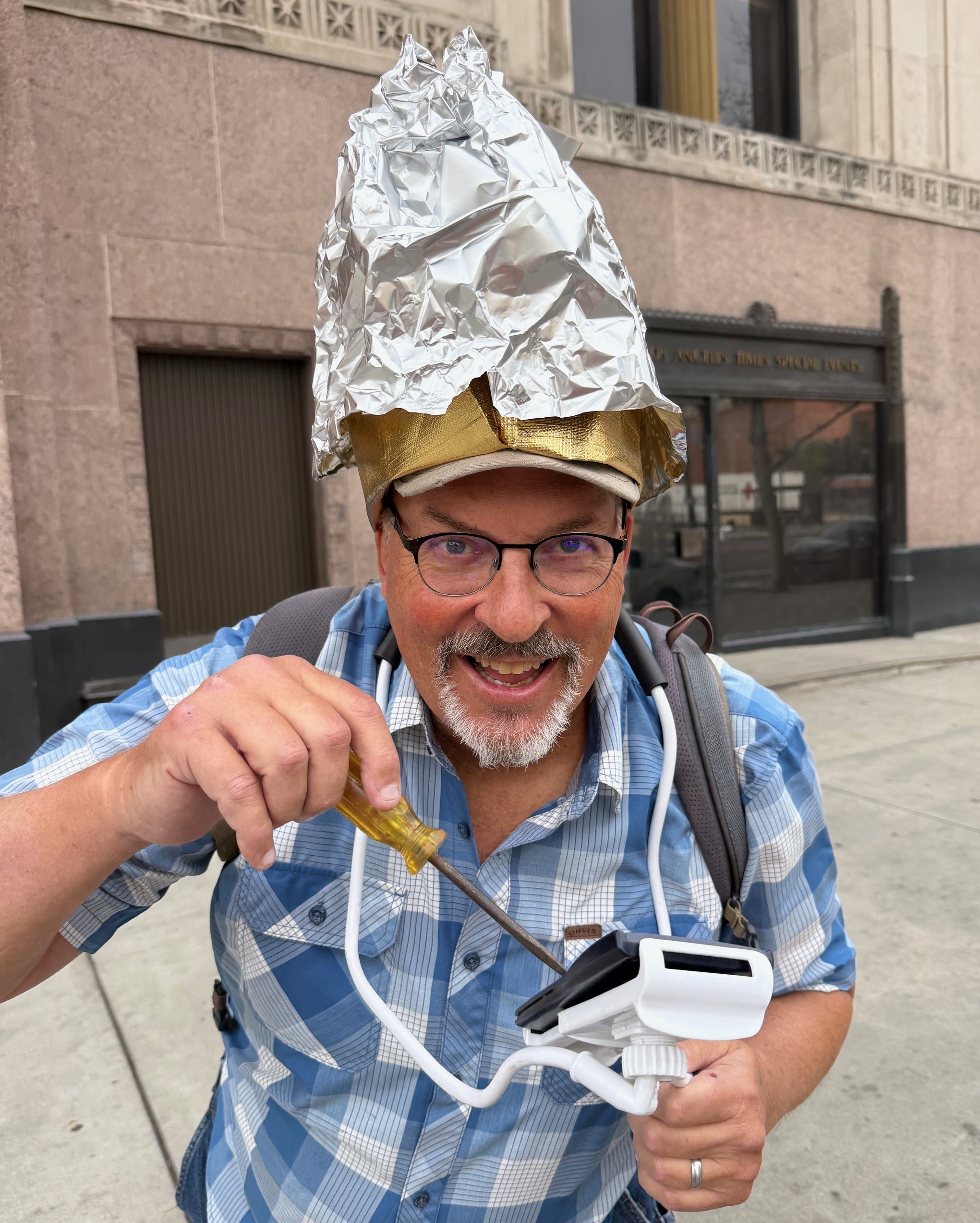
A View from Olympic Boulevard at Dusk
February's "Done Deal," that was later left for dead after a court ruled against the Mayor two months ago, is once again very much alive.
Today the city council approved a resolution outlining how the city should conduct a full environmental review of the "Olympic West Pico East Initiative," the proposed plan to speed up traffic on Pico and Olympic Boulevards. The plan has three components to achieve maximum car traffic flow: restrict parking at rush hour, synchronize lights to benefit vehicles traveling west on Olympic and east on Pico, and add traffic lanes at rush hour to aid cars going in the favored direction.
In response to a lawsuit by the communities along the corridors, a judge had ordered a complete environmental review of the plan before the city could begin to make any changes. Interestingly, today's resolution was put forward by Councilmen Bill Rosendahl, who has been one of the plan's chief critics, and Jack Weiss, who supports the project in the newspaper but rarely shows up to defend it in public.
Today's council meeting was different than every other meeting on the "Olympic West Pico East Initiative" that I've attended and not just because Councilman Weiss was present. There were no angry crowds, no outbursts from the audience and no monologues by LADOT executive John Fisher. Public comment took a total of three minutes. Rosendahl, who for months had seemed pushed out of the picture by the Mayor's political muscle, was the only Councilmember to speak and he called the structure of a review a victory for the community because the Department of Planning will be involved in the review. Rosendahl noted that "transportation and planning need to be joined at the hip," and seemed to believe that City Planning will do more to take care of local businesses than LADOT.
The public process for the review will provide more opportunities for the city to debate whether the goal of its transportation planning is to move as many cars as efficiently as possible. While the fate of the the "Olympic West Pico East Initiative" may be uncertain, today's action adds credence to the theory that "the public process for road projects only ends when the project is built."
Photo: Stewart James/Flickr






